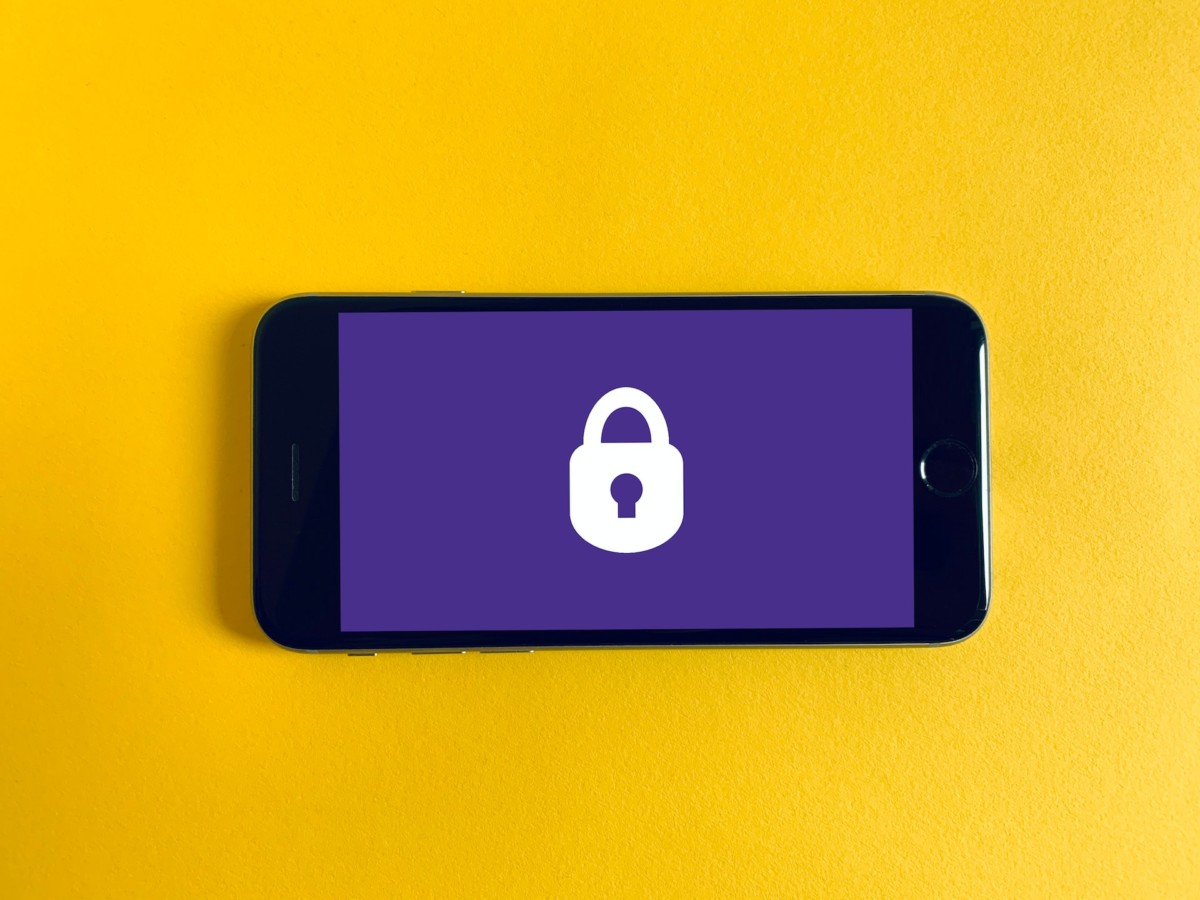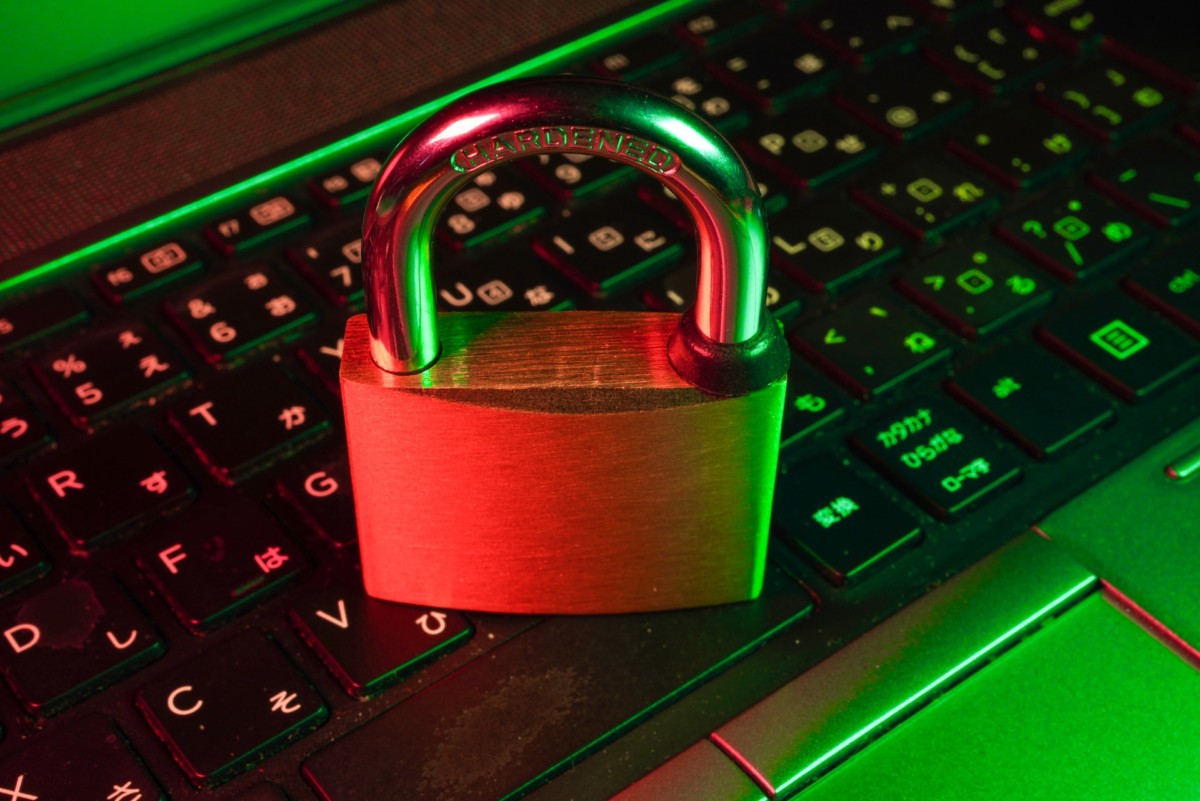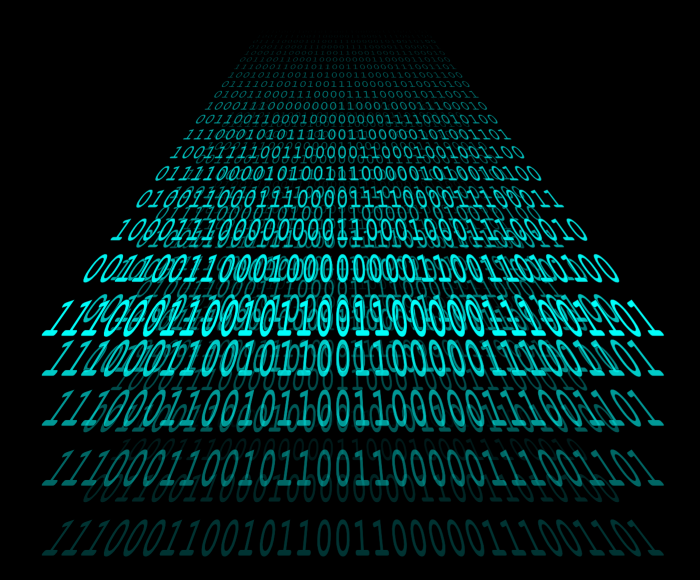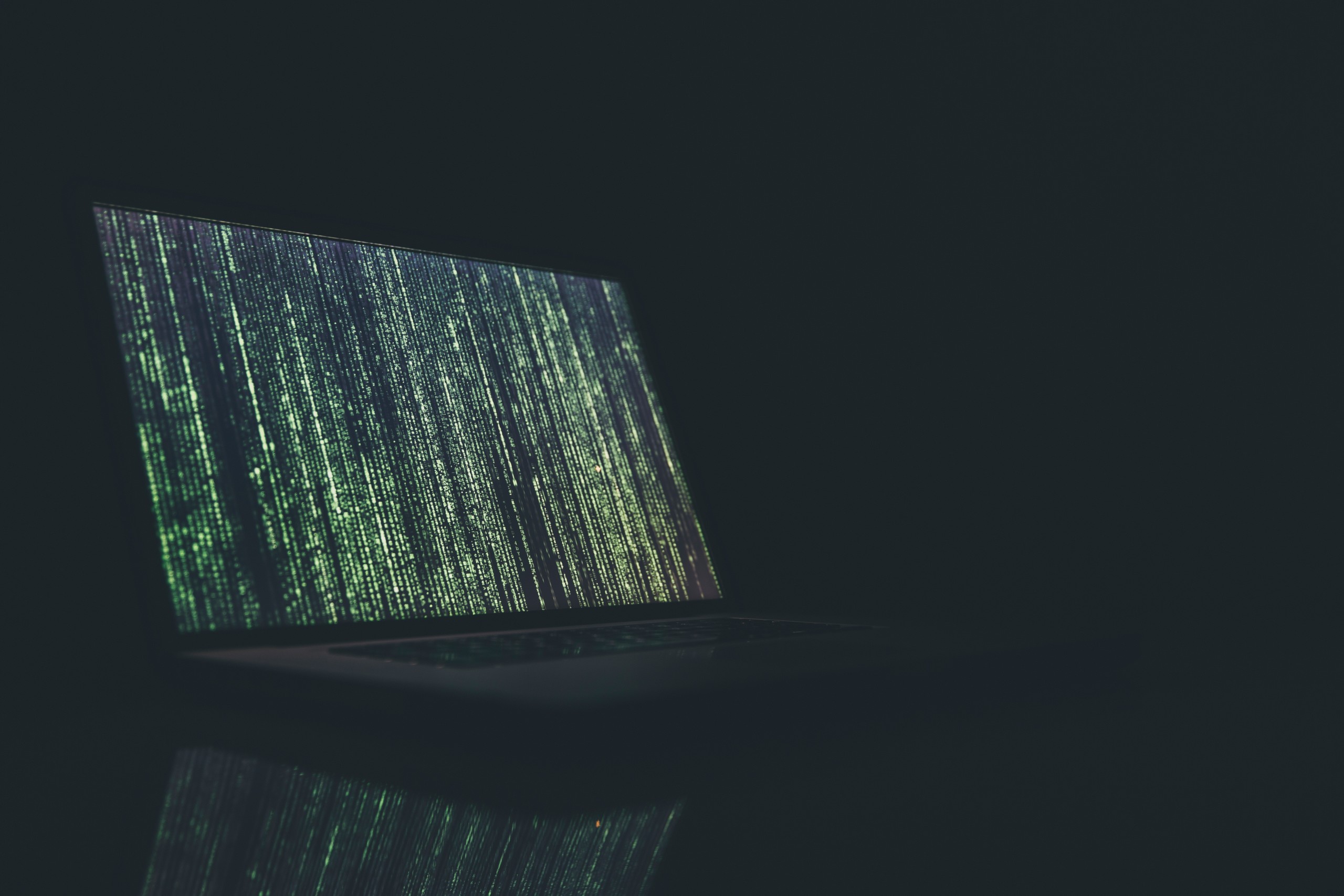An Overview of SOC-2
Every organization that uses technology must be concerned about data security. Frequent stories of cybersecurity attacks are reminders that malicious actors are always looking for new ways to infiltrate systems. A successful data breach can slow operations, increase costs, lower customer trust, or even cause a crisis.
In the past, organizations kept relevant data on local servers. Protecting the integrity of a local network was the primary security concern. Storing data on cloud-based servers is more convenient for mobile access to information, but it also presents new security risks.
System and Organizational Controls (SOC) reports are a way for businesses and other organizations to document that they are working intentionally to keep customer data safe. Establishing SOC-2 compliance demonstrates an organization’s dedication to cybersecurity.
Cybersecurity Risks in Water and Wastewater Systems

Utilities like water systems have several cybersecurity vulnerabilities. Like other businesses, they often can access sensitive client data like credit card numbers and contact information. A data breach in this area has implications for customers and the water company.
Another threat is emerging as more water systems move to automated and remote controls for their systems. The cybersecurity attack on the Colonial Pipeline in 2021 points to the service disruptions that breaches can create. If criminals can access the control system of a water system, they can divert water, compromise treatment protocols, and create confusion by sending false alerts.
SOC-2 Explained

What is SOC-2?
This list of cybersecurity standards developed as more service providers moved their data storage to the cloud. The American Institute of CPAs created the designation to evaluate the safety and effectiveness of cybersecurity measures within organizations.
Complying with the SOC-2 technology safety standards is a voluntary action and not a legal requirement. For auditors, measuring an organization’s cyber-safety efforts in the long term can help determine insurance coverage costs for the risk of a cybersecurity attack. For clients, SOC-2 certification is a marker that indicates that an organization takes data security seriously.
SOC-1 vs. SOC-2
The AICPA offers several types of SOC compliance reports, but two are administered most frequently. SOC-1 and SOC-2 measure different aspects of how an organization functions and handles client data. A SOC-1 report looks at client financial information and how well the organization’s safety controls meet predetermined objectives.
SOC-2 compliance requirements measure how well an organization’s controls meet the standards set through five trust service principles. The SOC-2 standards do not assume that every organization will have the same protocols. This examination has a broader scope than the financial data in a SOC-1 report, taking a detailed look at the full breadth of an organization’s operations.
What is SOC-2 Type 1?
When an organization seeks SOC-2 certification, it has two report options: Type 1 and Type 2. The primary difference between the two reports is the scope of time they cover. A Type 1 report examines compliance with the trust service principals simultaneously. It serves as a compliance spot check to prove that the organization is on the right track.
What is SOC-2 Type 2?
A Type 2 report is more extensive because it examines the organization over an extended period. This report demonstrates that the company meets SOC compliance requirements consistently.
The 5 Trust Service Principles
The AICPA uses five trust service principles as SOC-2 standards. The auditing process recognizes that organizations use and store client data differently depending on their industry. Every business can design a control system that works best for its situation. Coming to SOC Type 2 compliance means successfully implementing safeguards that satisfy the trust principles.
1. Privacy
The medical industry follows strict HIPAA privacy rules established by the government. Other organizations do not have the same stringent standards, but they recognize that privacy concerns their clients. The SOC-2 report will examine whether or not the system meets any required privacy rules. The SOC compliance report will focus on how the organization collects, uses, and prevents sharing sensitive client information for industries without established requirements.
2. Security
What is SOC-2 compliance when it comes to security? Any organization that uses SOC-2 technology needs to keep data safe and stop online intruders. These safety protocols may involve SCADA security and client database protection for utilities. The audit will examine precautions such as firewalls and two-factor authorization. It will also look at the effectiveness of safety training for employees.
3. Availability
Security precautions are frustrating if authorized clients have trouble accessing the system. The Availability principle examines the ability of users to interact with appropriate data. If security precautions are too stringent, it will impact the client experience.
4. Confidentiality
While the Privacy principle examines how the system uses and protects data externally, the Confidentiality principle looks at internal access to information. Many organizations employ role-based protocols so that employees only see the data that they need to carry out their jobs. The audit will also look at protocols for inter-system data sharing like encryption and permissions.
5. Processing Integrity
The Processing Integrity Principle is a general standard that rates how well the system does what it is supposed to do. In this case, the SOC-2 requirements will look at the whole organizational package. For the water industry, the audit will involve looking at areas such as consistency in water treatment, service disruptions, and the accuracy of account billing and receiving.
The Benefits of Meeting SOC-2 Compliance Requirements

Determining SOC-2 compliance is an involved process, especially for organizations that seek SOC-2 Type 2 certification. In the long term, meeting SOC-2 requirements brings several benefits.
Lower Risks and Costs
A positive SOC Type 2 report shows that a company is actively concerned with client data safety. Consistent use of safety protocols reduces the risk of a successful cybersecurity attack. This protection can prevent data theft, ransomware attacks, and service disruptions.
Simpler Compliance Process
Organizations subject to federal or state regulations find it simpler to carry out their compliance efforts. The SOC-2 compliance requirements are often more challenging than local regulations.
Greater Client Trust
A SOC-2 compliant company is more attractive to clients. While they understand that the organization needs their information, they want to know that personal data will be safe. Meeting SOC-2 standards is outward proof of these efforts.
The Importance of SOC-2 Certification for the Water Industry and SCADA Security
The water industry is moving to greater reliance on remote sensors and controls. This development means that SCADA system security is an important consideration. Employing SOC-2 technology is a responsibility in an age of cybercrime. Well-maintained SCADA security that meets SOC Type 2 standards will prevent expensive damage or malicious disruptions.
High Tide Technologies is a SOC-2 Compliant SCADA Partner
What is SOC-2 compliance for the water industry? As water treatment, collection, and distribution systems employ SCADA technology, they should seek to work with a partner concerned with SCADA system security. A positive SOC-2 compliance report is a helpful tool for determining your technology partner’s commitment to safety.
In December 2020, High Tide Technologies received its designation as a SOC-2 compliant organization. Our commitment to SCADA system security led us to obtain the more challenging Type 2 report. As a trusted partner for a cloud-based SCADA system that meets SOC-2 requirements, we want our clients to know that we are constantly addressing data safety and cybersecurity concerns.
About High Tide Technologies
High Tide Technologies is an end-to-end cloud-based SCADA company that enables our users to create a complete SCADA solution that utilizes field units, satellite, cellular or Ethernet communications, and the Internet to monitor and provide automatic control of your systems.




Share this case study